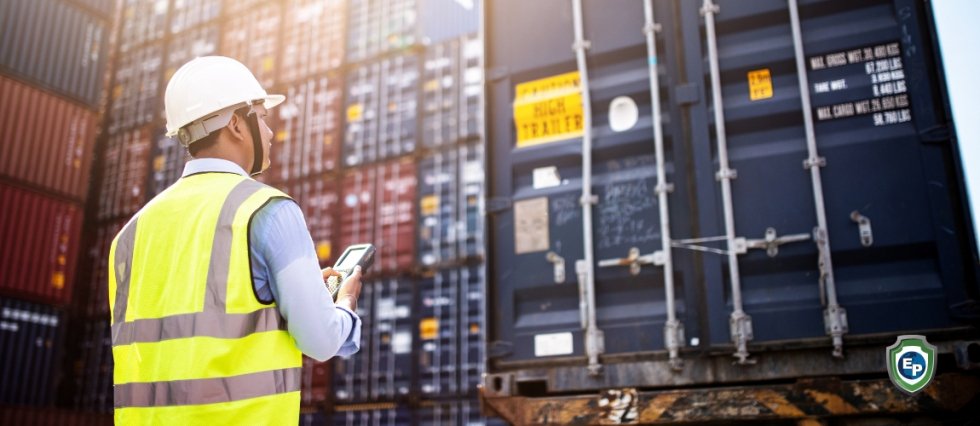Global Trade and Logistics: Adapting to Constantly Evolving Needs
Come take a look at our article to learn more about how businesses can best adapt to changes in the trade and logistics sector to stay efficient.

The nature of global trade and logistics is continually evolving as global managers continue to deal with the complexities of various languages, currencies, taxes, modes of transport, time zones, and legal structures, among other issues. So how can companies better manage such difficulties while being able to gain a competitive advantage?
The Current State of Things
The complexity of global trade is evident in the different laws that govern it. These laws are usually complex and subject to change from time to time. This poses a substantial risk to businesses, meaning they must review and work with large amounts of regulatory information to operate successfully.
Moreover, there are always unprecedented disruptions like the recent COVID-19 pandemic. In the beginning, demand for certain commodities such as cars and clothes dipped while demand for fast-moving consumer goods (FMCG) soared. This meant that companies suddenly needed more shipping lines and warehouse spaces for FMCG products and less for other commodities.
Supply chains are unique networks between businesses that involve production, shipment, warehousing, and delivery of products. Supply chains are complex and depend on constantly changing customer behavior. Despite the changing nature, customers still expect their products to be delivered quickly and flawlessly. For this reason, logistics remains one of the most crucial components of the supply chain.

Adapting to Evolving Needs
Logistics, being a very important component of any supply chain, needs all the attention it can get as the logistical needs of business continue to develop.
Logistics may appear simple to an outsider, but it requires special knowledge and professional management. Effective transportation can help improve trade by decreasing the waste of materials and time involved.
Logistics has thus become the heart of global supply chains. Managing the costs of logistics can be difficult, but many business leaders have realized they can reduce their costs by establishing partnerships with other businesses which offer transportation and warehousing services. When companies outsource such services, they improve their overall business efficiency, even dramatically at times.
Saving time on logistical activities is also important. Traditionally, trading companies spend great time and resources screening shipments and updating them. Now, we can automate this activity to enable companies to screen their shipments more often and accurately. Companies should be able to track shipments from origin to destination, significantly boosting their operational efficiency.
Meeting constantly developing needs in global trade and logistics is not a simple task. However, a comprehensive solution that can help manage various global trade activities in a timely and efficient manner can make the process much easier.
Let Export Portal Help You
New to the world of trade? Work with Export Portal today to trade with verified companies and experts from all over the world!






Comments 2